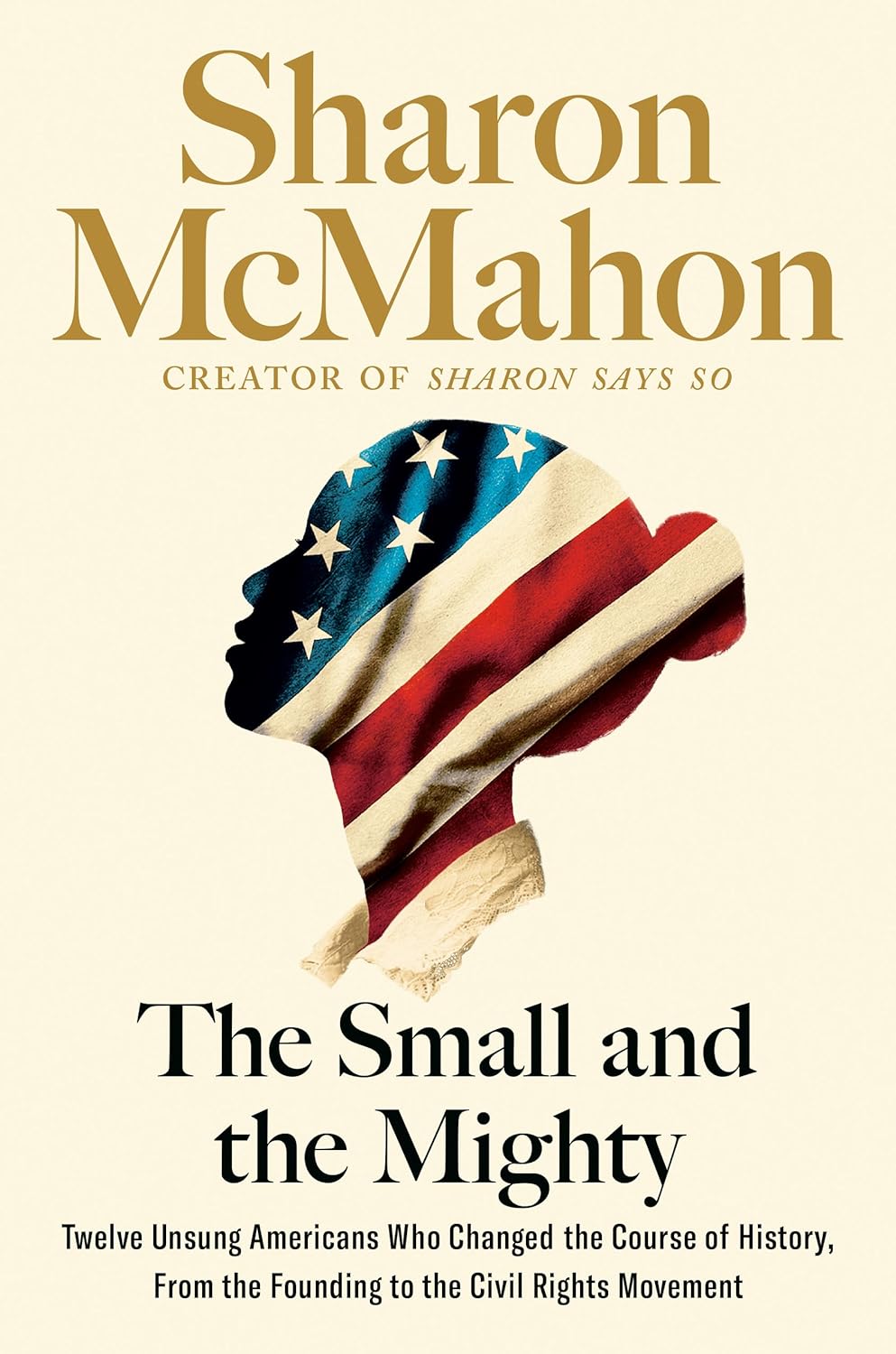Chapter 18: The Inouyes_Hawaii, 1924
byChapter 18 introduces the early life of Daniel, who, despite being born dead in 1924, was revived by a determined midwife in a Hawaiian slum. His mother, exhausted but full of faith, named him after the biblical Daniel, known for his resilience in the face of great adversity. Daniel’s family had immigrated to Hawaii from Japan in 1899, driven by a large debt incurred by his great-grandfather, Wasaburo. A fire had destroyed homes in their village, forcing Wasaburo’s son, Asakichi, to leave Japan and work on a sugarcane plantation in Hawaii to repay the debt. However, the wages were low, and it proved difficult for the family to pay off the debt, resulting in years of struggle. This hardship shaped Daniel’s early understanding of perseverance and the challenges his family faced as they built a new life in a foreign land.
Over time, Asakichi sought to generate extra income by building a bathhouse, while his wife made tofu cakes to support their family. Their son, Hyotaro, was raised in this environment, where the burden of debt was ever-present, yet he still pursued education. Despite his hard work, the family remained in financial difficulty, with years of labor contributing little to ease their struggles. Hyotaro married Kame, and together they welcomed Daniel into their humble home, where he would grow up with a strong sense of familial duty, responsibility, and the lessons of hardship passed down from his ancestors. These experiences influenced Daniel’s character and determination, shaping him into a resilient individual who would later face even greater challenges.
Daniel’s childhood was marked by poverty, and he often felt unattractive, but he shared his experiences with classmates, who, like him, struggled with poverty. This made him realize that he was not alone in his struggles. Hawaiian schools were informally segregated by language, which significantly impacted Daniel’s access to quality education. In response, his parents made the decision to switch to speaking English at home to help him better integrate into the educational system. This decision was driven by their desire to provide Daniel with the best possible opportunities, despite the barriers they faced as an immigrant family. Through their efforts, Daniel was able to navigate the educational system, setting the stage for his later successes.
A pivotal moment in Daniel’s life occurred when he suffered a severe arm injury, which required medical attention. After a failed initial treatment, Daniel was fortunate to receive a successful surgery thanks to Dr. Craig, who forgave the cost of the operation in exchange for Daniel’s promise to be a diligent student. This act of kindness left a lasting impression on Daniel and inspired him to pursue a career in medicine, particularly surgery. His gratitude for the doctor’s generosity fueled his ambition, and he aspired to become a surgeon himself. This event marked a turning point in Daniel’s life, solidifying his desire to serve others and give back to the community that had supported him during his struggles.
As Daniel continued his education, he developed interests in history, music, and community service. These passions allowed him to grow not only academically but also socially, as he became involved in various activities aimed at improving his community. However, his life was dramatically altered on December 7, 1941, when Japan attacked Pearl Harbor. The attack shattered the peace of Hawaii and changed the course of Daniel’s life and the lives of many others in the Hawaiian community, particularly those of Japanese descent. The aftermath of the attack brought chaos to Honolulu, and Daniel immediately rushed to help, using his first aid training to assist the injured. This experience exposed him to the violence and tragedy of war, but it also highlighted the resilience and strength of the Hawaiian people in the face of adversity.
Amidst the turmoil and the discrimination faced by Japanese Americans, Daniel’s actions demonstrated the courage and determination that he had inherited from his family. The fear and suspicion directed at Japanese Americans in the U.S. could have broken the spirit of many, but Daniel’s resolve only strengthened in the face of these challenges. His commitment to service, driven by a sense of love and gratitude, remained unwavering, and he continued to embody the values of resilience and perseverance. This chapter sets the stage for Daniel’s complex journey, highlighting his survival of both personal and historical struggles, and emphasizes his lifelong commitment to service in a world that often seemed broken. His experiences during the attack on Pearl Harbor and his subsequent actions reflect his deep understanding of the importance of community and selflessness, traits that would define his future endeavors.

